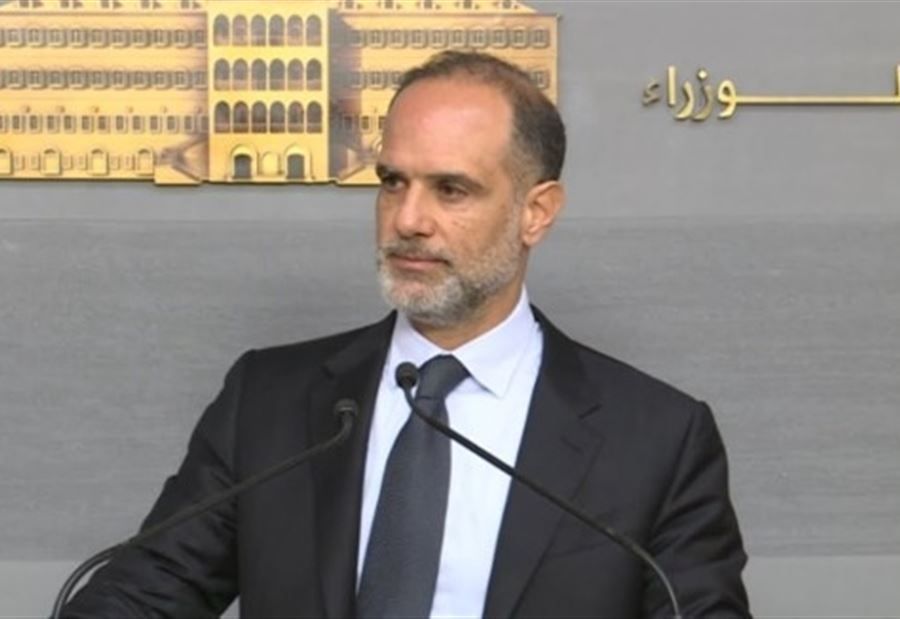
Minister of Public Works and Transport Fayez Rasamny announced the relaunch of the Civil Aviation Security Center (CASC), located at Beirut Rafic Hariri International Airport (BEY), during a press conference held on Tuesday at the airport. This move marks a renewed commitment by Lebanese authorities to reform and modernize the civil aviation sector.
Dormant for several years, the center is set to reclaim its role as a regional hub for training and qualification in various civil aviation professions. It will also contribute to the establishment of a National Civil Aviation Authority and aims to strengthen both the human and technological infrastructure of Lebanon's aviation sector.
“The restart of training programs in accordance with ICAO’s international standards is now a cornerstone of our national strategy,” said Rasamny. He announced the launch this week of the first preparatory session for air traffic control training (ATC 051), targeting a new generation of controllers.
Established in 1962 with support from ICAO and the United Nations, the CASC was one of the first aviation training centers in the Middle East. Its revival is part of a broader national effort to revitalize the sector, working in coordination with the MEA Training Center.
According to the minister, 35 air traffic controllers are involved in the current training program: 23 were recruited since early 2023, while 12 others have been waiting for licensing for over 14 years. The training center now features a state-of-the-art air traffic control simulator. Four certified instructors are currently on staff, with two more expected to join in the coming weeks once their accreditations are reactivated.
Beyond air traffic control, the center will also offer specialized training in a wide range of fields including flight operations, aircraft inspection and airworthiness, airport management, rescue and firefighting, professional licensing, accident investigation, aerospace medicine, aviation security and meteorology.
Rasamny expressed his vision to transform CASC into a profitable and sustainable institution capable of self-funding its operations. He also linked the center’s revival to the planned reactivation of René Mouawad Airport in Kleiate. He noted that since assuming office, he has initiated talks with foreign companies to recruit experienced trainers and appointed an advisor to oversee the center's restructuring and strategic relaunch.
“Lebanon lacks neither talent nor skills, what we need are clear decisions, support and a vision that promotes progress instead of hindering it,” he emphasized.
When questioned about alleged discriminatory treatment of certain passengers, particularly Iraqi nationals, Rasamny firmly denied any such practices.
“The security procedures applied at the airport are similar to those in force around the world. Checks vary depending on the flight, purely for security reasons,” he explained, noting that a flight from Iraq via France would not be treated the same as a direct flight.
Regarding rumors of gold smuggling through the airport, the minister acknowledged a few isolated incidents, but stressed that “the quantities seized are significantly lower than in the past, and any smuggling attempts are being detected by airport security.”
Finally, addressing the shortage of senior staff in the public sector, Rasamny stressed the urgent need to fill vacant top-level positions, many of which are currently held on an interim basis. “We must recruit competent directors in order to build a genuine roadmap for the future,” he concluded.



Comments